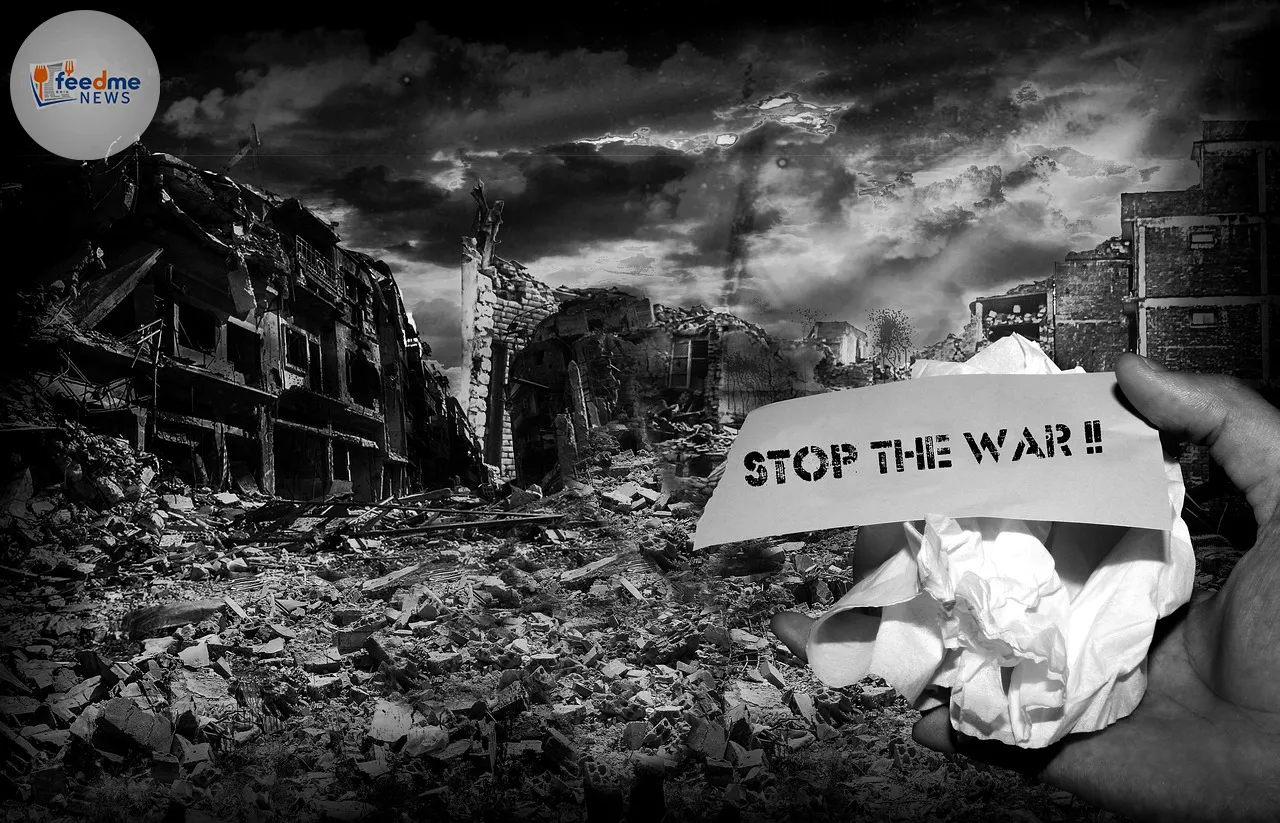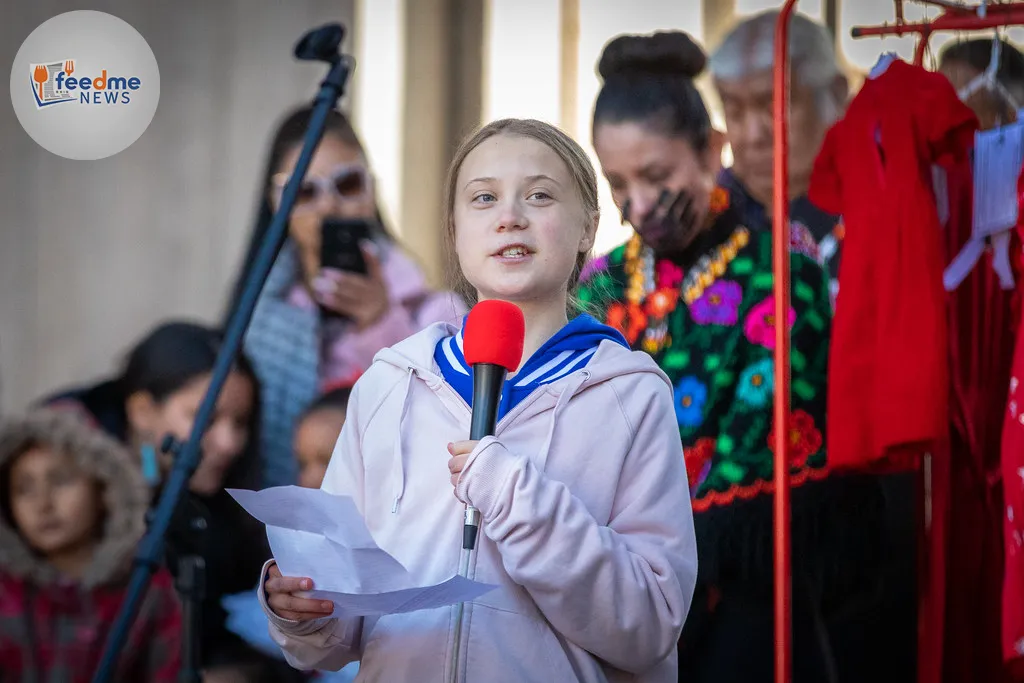In a significant shift in rhetoric, former President Donald Trump has emphasised the importance of diplomacy over conflict, as tensions escalate on the global stage. Speaking at a press conference on Thursday, Trump highlighted the need for dialogue and negotiation, signalling a departure from previously aggressive stances. His remarks come amidst growing international concern over potential military confrontations, particularly in the Middle East and Asia.
Trump’s comments were delivered during a media briefing at his Mar-a-Lago estate in Florida, where he outlined his vision for resolving disputes through diplomatic channels. “We have more time for diplomacy,” Trump stated, advocating for peaceful solutions to ongoing geopolitical issues. This approach marks a notable change from his previous administration’s policies, which often involved strong military rhetoric.

Timing and Context of Trump’s Remarks
The press conference took place on 19th June 2025, against a backdrop of escalating tensions in several global hotspots. The timing is crucial as it coincides with heightened military activities and diplomatic strains between major world powers. In recent weeks, the international community has witnessed increased military exercises in the South China Sea and a resurgence of hostilities in the Middle East, prompting fears of broader conflicts.
Trump’s call for diplomacy reflects a broader sentiment within the international community, where there is growing advocacy for dialogue and negotiation. His remarks also align with efforts by current global leaders to de-escalate tensions through diplomatic engagement and multilateral discussions.
Diplomatic Strategies and Global Reactions
Trump’s emphasis on diplomacy has garnered mixed reactions from global leaders and political analysts. Some view this as a pragmatic approach to international relations, recognising the potential benefits of dialogue over military action. Experts in international diplomacy have praised the shift, noting that diplomatic engagement can prevent misunderstandings and foster cooperation among nations.
However, sceptics argue that Trump’s track record on foreign policy raises questions about the sincerity of his current stance. Critics point to his administration’s previous policies, which often prioritised unilateral actions over multilateral diplomacy. Despite these concerns, Trump’s recent comments have sparked renewed discussions about the role of diplomacy in addressing global challenges.
Historical Context and Policy Shifts
Throughout his presidency, Trump adopted a “America First” approach, often prioritising national interests over international cooperation. His administration’s foreign policy was characterised by a focus on military strength and economic sanctions as tools for influencing global affairs. This approach led to strained relations with several key allies and heightened tensions in regions like the Middle East.
The recent shift towards diplomacy suggests a potential reevaluation of these strategies. Analysts note that this change could be influenced by evolving global dynamics, including the need for collaborative efforts to address issues such as climate change, economic instability, and regional conflicts.
Expert Insights on Diplomatic Engagement
Experts in international relations highlight the importance of diplomatic engagement in maintaining global stability. Dr. Emily Carter, a professor of international studies, emphasises that dialogue is crucial for building trust and understanding between nations. “Diplomacy allows countries to address their differences without resorting to conflict,” she explains. “It provides a platform for negotiation and compromise, which are essential for sustainable peace.”
Furthermore, recent studies underscore the effectiveness of diplomatic efforts in resolving disputes. Research conducted by the International Peace Institute reveals that countries engaged in diplomatic negotiations are more likely to achieve long-term stability than those relying solely on military solutions.
Potential Impacts and Future Prospects
Trump’s renewed focus on diplomacy could have significant implications for future international relations. If embraced by global leaders, this approach may lead to a reduction in military confrontations and an increase in cooperative initiatives. The emphasis on dialogue could also pave the way for new partnerships and alliances aimed at addressing shared challenges.
Looking ahead, the success of diplomatic efforts will depend on the willingness of nations to engage in constructive dialogue and compromise. As the world navigates complex geopolitical landscapes, the role of diplomacy will remain critical in shaping a peaceful and prosperous future.
In conclusion, Trump’s call for diplomacy over conflict represents a notable shift in his approach to international relations. As global tensions continue to rise, the emphasis on dialogue and negotiation offers a promising path towards resolving disputes and fostering cooperation. Whether this shift will lead to tangible outcomes remains to be seen, but the renewed focus on diplomacy underscores its enduring importance in maintaining global peace and stability.





